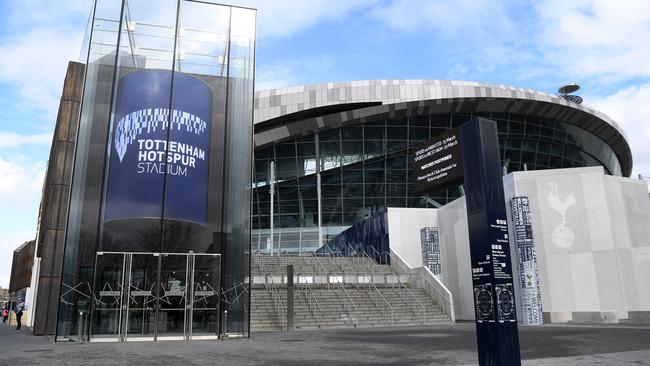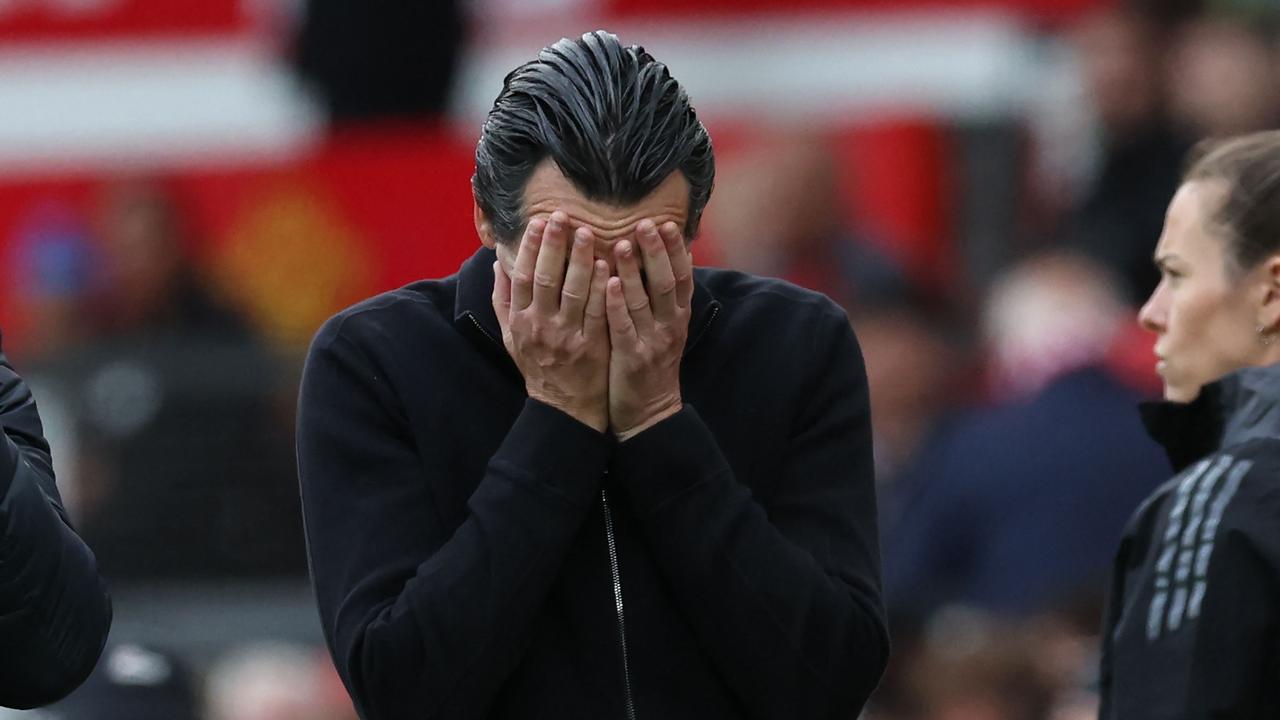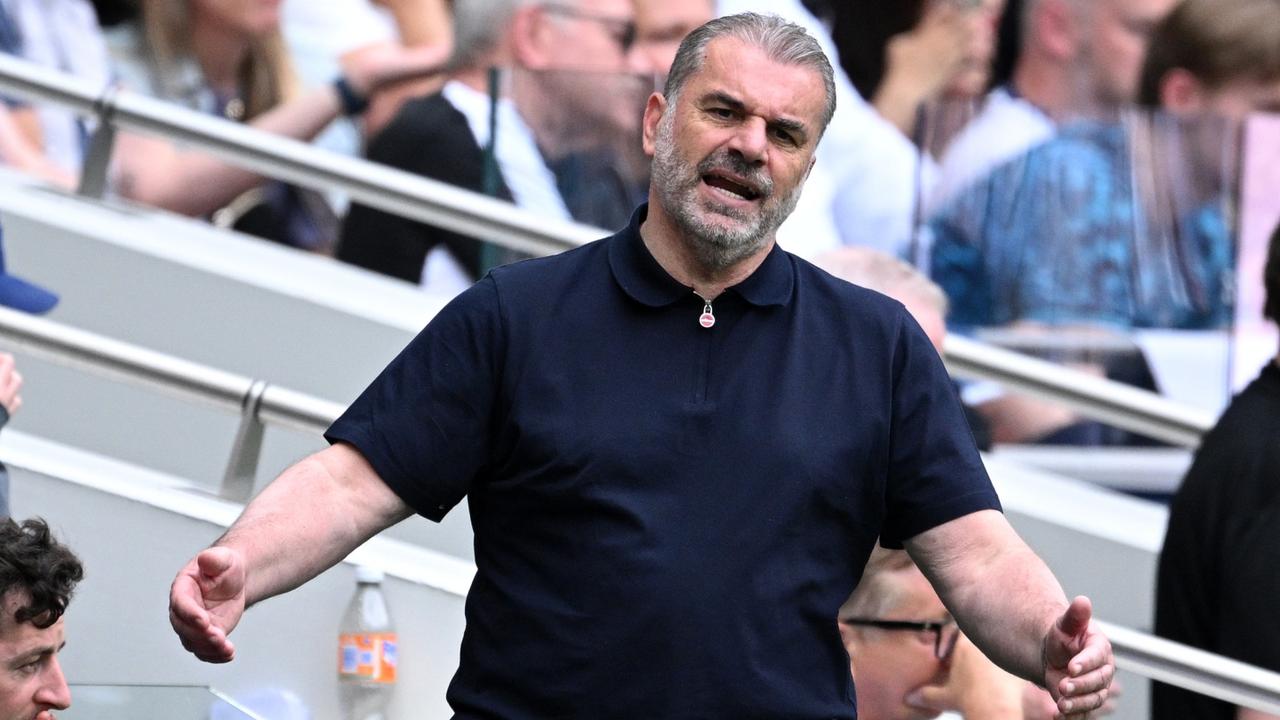EPL pursues ‘Project Restart’ but resigned to empty stadiums
The Premier League is adamant it can overcome huge logistical challenges to get players back on the pitch during the coronavirus crisis.

The Premier League is adamant it can overcome huge logistical challenges to get players back on the pitch during the coronavirus crisis but has long since accepted there will be no fans in the stadiums.
English Football Association chairman Greg Clarke became the latest senior figure to admit this week that social-distancing guidelines make it impossible for supporters to congregate in stadiums “any time soon”.
The drive behind the Premier League’s “Project Restart” is the attempt to avoid having to pay back millions in TV revenue. Clubs could reportedly miss out on £762 million ($1.4 billion) for failing to complete this season alone.
According to UEFA’s latest European Club Footballing Landscape report, just 13 per cent of the Premier League’s revenue comes from gate receipts.
England’s top tier therefore has the luxury many other leagues cannot afford of trying to ride out the economic storm without paying fans coming to watch in the stadium.
“We might not like it, it might not be the perfect solution, but it is the only solution that we’ve got to move forward,” David Webber, a senior lecturer in football studies at Solent University, said.
The last time a ball was kicked in the Premier League was on March 9 and it will not return until June at the earliest, with Liverpool’s title coronation on hold for now.
Premier League clubs are reportedly already making contingency plans to play out the whole of the 2020/21 season behind closed doors.
Yet, it remains to be seen if there will be any demand for such a deluge of sanitised matches from armchair supporters, TV companies and even players.
“It’s a strange situation not having the fans there. That’s what makes football, that’s what makes the atmosphere,” Tottenham and England midfielder Harry Winks told the BBC.
“It’s not something that I like and I know a lot of players feel the same way. It’s not something that anybody really wants to do.”
Meanwhile, Germany’s Bundesliga is set to lead the way for European soccer with its planned restart.
“The return of the Bundesliga is great news for the football industry and marks the way for the staggered return of football that will not be complete until the return of fans to the stadiums,” Spain’s La Liga president Javier Tebas said.
German Chancellor Angela Merkel and state premiers in the country on Wednesday allowed the Bundesliga to restart in the second half of May. The nation’s football league, the DFL, has named May 16 as the first day of action in an effort to complete the nine rounds remaining of the season following the coronavirus pandemic causing the suspension of action in mid-March.
German officials are well aware that all eyes are on them and the detailed concept from a DFL and German Football Federation (DFB) task force to stage games behind closed doors with the best possible safety and hygiene measures.
Tim Meyer, the chief medical officer of the DFB and European body UEFA, who headed the domestic task force, has warned the German way can only be a blueprint “for countries that are in a similar infection and test situation”.
Germany has a lower infection and death rate than England, Italy and Spain, and more testing capacity, which Meyer said is “fundamentally different from other countries”.
AGENCIES



To join the conversation, please log in. Don't have an account? Register
Join the conversation, you are commenting as Logout